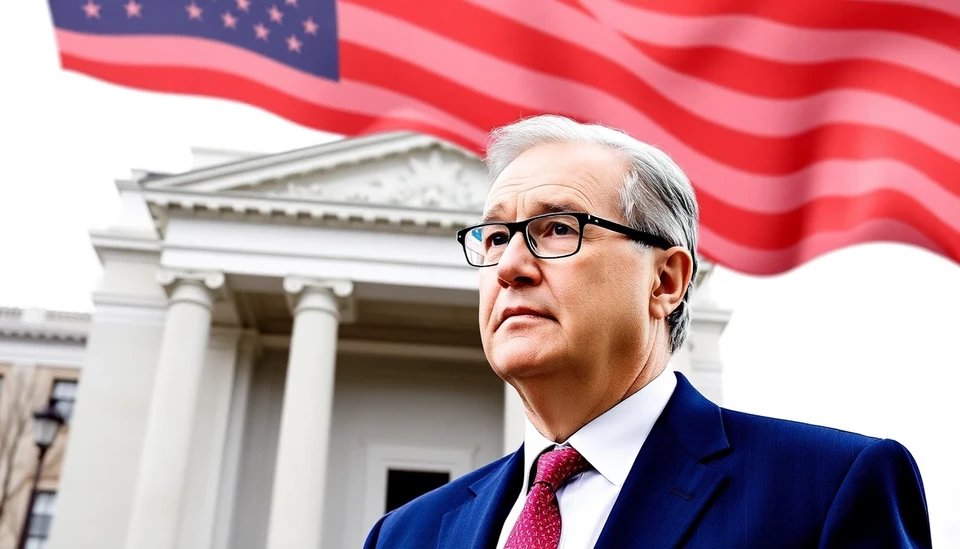
In a recent announcement that could significantly influence European monetary policy, European Central Bank (ECB) board member Yannis Stournaras firmly stated that U.S. tariffs imposed on European goods will not act as a barrier to a potential interest rate cut scheduled for April. His comments come amidst growing financial market speculation about the ECB's next moves, especially in response to ongoing economic challenges.
Stournaras emphasized that the ECB remains focused on the eurozone's economic conditions, and any external pressures, including trade tariffs, are not likely to derail its monetary strategy. He articulated that the central bank's decision-making is primarily driven by domestic economic metrics such as inflation rates and growth forecasts, rather than international trade disputes.
The backdrop for these statements includes a relatively stagnant European economy and persistent inflation that has prompted the ECB to reconsider its monetary stance. Market analysts have been closely watching signals from ECB officials, interpreting their comments to assess whether shifts in policy will take place as early as the upcoming April meeting.
Stournaras' assurance highlights a determined commitment from the ECB to prioritize eurozone stability amid external uncertainties. The prospect of an interest rate cut reflects a broader strategy to stimulate economic activity within the region, combating factors that have contributed to sluggish growth.
While the U.S. tariffs, particularly on key industries, could potentially impact trade flows and economic performance, Stournaras insisted that the ECB's obligation is to the eurozone's economy first. He reassured markets that a comprehensive analysis of domestic indicators will guide the central bank’s decisions moving forward.
This position from Stournaras may reassure investors and economic analysts, positibly reducing volatility within European markets ahead of the ECB's policy meeting. As the ECB grapples with these dynamic challenges, the plan for a rate reduction in April appears to be a proactive approach to foster economic recovery amid external pressures.
Overall, Stournaras' statements not only clarify the ECB's position regarding external trade influences but also reinforce the notion that the board is navigating its course with a focus on the internal economic landscape.
As the April meeting approaches, market participants will be keenly watching for any further comments from ECB officials that could provide updates on their outlook concerning interest rates and economic conditions in the euro zone.
#ECB #YannisStournaras #InterestRates #Economy #Tariffs #Eurozone
Author: Rachel Greene




